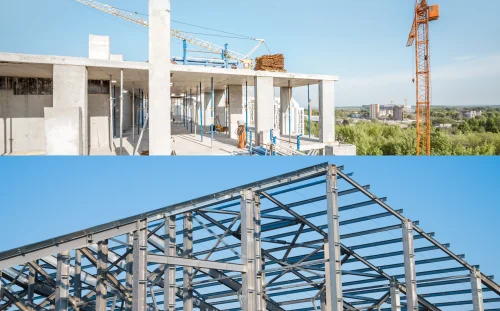Construction projects are notoriously complex, with multiple variables that can impact both timeline and budget. According to industry statistics, approximately 70% of construction projects experience some form of delay, while more than 80% face cost overruns. This reality makes effective management of these challenges crucial to project success.
In construction—whether residential or civil, single-family or high-rise—human and material resource management, planning issues, weather conditions, and regulatory and administrative aspects are among the main causes of delays and cost overruns.
At personalHOME, we share the strategies we implement to minimize risks and maximize results:
Comprehensive Planning and Risk Analysis
Comprehensive planning is the foundation of any successful project. This involves creating a realistic yet adaptable schedule that accounts for unforeseen events by including time buffers. In addition, project phases, objectives, and responsibilities must be clearly defined. It’s also important to consider all factors that may affect both schedule adherence and costs: permits, materials, labor, transportation, and more.
Effective and Ongoing Communication
Open communication among all stakeholders is essential to preventing and resolving issues. At personalHOME, we recommend holding regular meetings with clients, suppliers, and the project team. To be effective, these meetings should be concise—no longer than an hour—and focused, with clearly defined topics. It’s advisable to keep all parties informed with regular progress reports and to establish efficient communication channels.
Proactive Change Management
Changes are almost inevitable in construction projects, but they must be handled with care, promptly and properly. At personalHOME, we implement a control process that evaluates the impact of each change and documents all approved modifications.
Continuous Monitoring and Control
Planning alone is not enough; it’s vital to continuously monitor both progress and spending. We use project management tools to track the work’s progress and compare it to the planned timeline. We identify deviations early. We also closely monitor costs against the budget and ensure that the work meets specified quality standards.
Clear and Robust Contracts
Contracts form the legal backbone of any project and must protect all parties involved. To do this, they should include delay clauses, clearly define responsibilities, and establish an efficient dispute resolution process—such as mediation or arbitration.
Implementation of Technology
Modern technological tools can transform construction management. Using specialized software allows for real-time tracking of progress and expenses. The BIM (Building Information Modeling) methodology improves coordination across disciplines and helps reduce design errors. Drones and IoT (Internet of Things) sensors can provide accurate, real-time data on construction progress.























